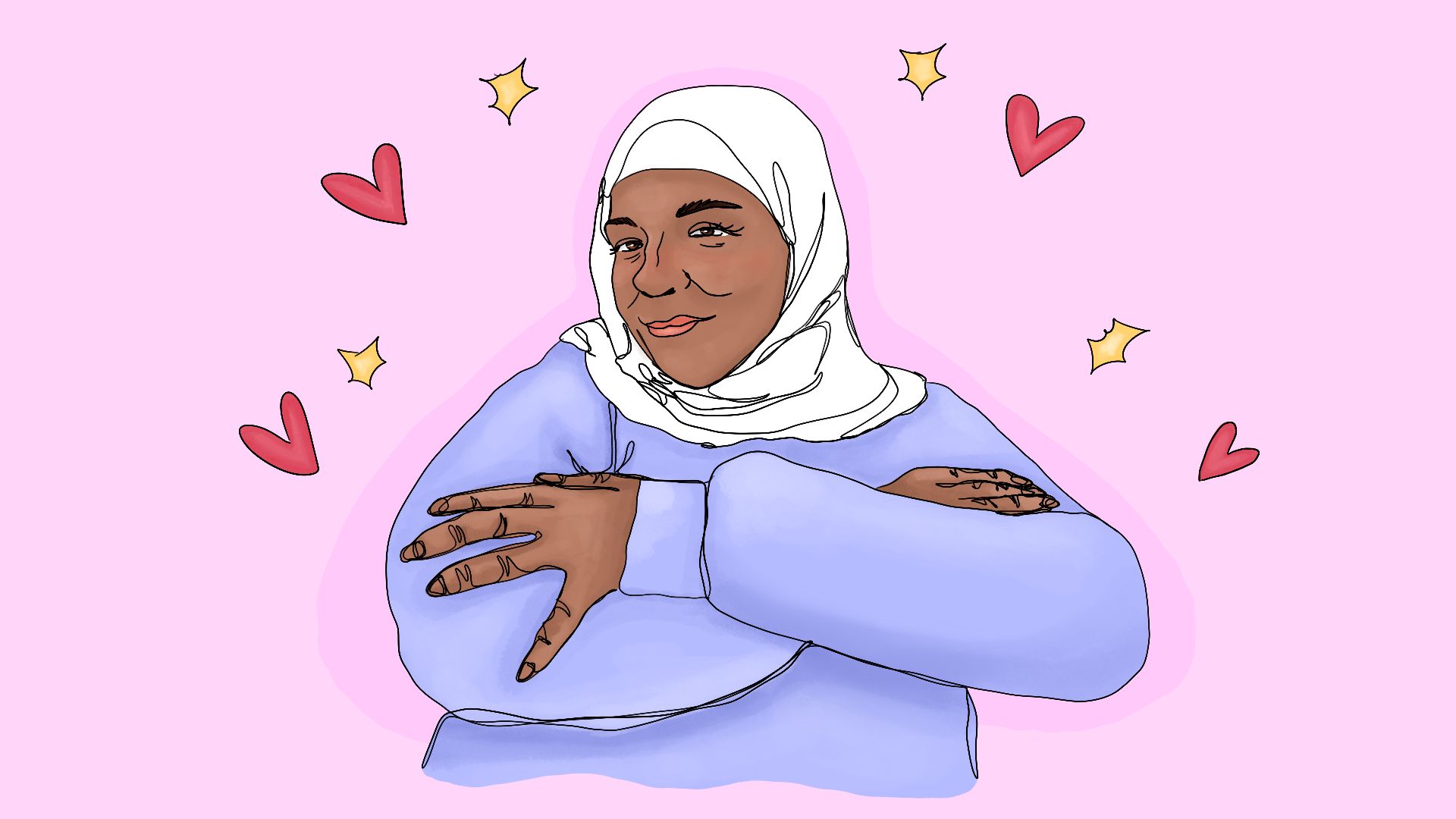When I started studying, I encountered several new challenges: performance anxiety, pressure to achieve high grades, and the task of getting to know completely new people. Often, I had the feeling of not being good enough. My own relationship with myself wasn't something I had reflected upon much, but now it has become something I actively work on.
Get to know yourself better
What do you need to feel good? What is important to you? What are your wishes and goals? What makes you happy, sad, angry, motivated? When we get to know others, these are things we're interested in finding out, but we're not always equally aware of these things about ourselves. Taking the time to get to know yourself can help you appreciate your strengths more, consider your own limitations, and identify areas for improvement.
Keeping a diary can be a helpful tool. I use my diary as a way to have a conversation with myself, jotting down small and big things I've experienced, things I'm grateful for, things I've accomplished or struggled with. It's a way to sort thoughts and emotions and reflect on who I am.
Recognize your own boundaries
Sometimes we need to set boundaries for ourselves and others, while other times it may be beneficial to challenge ourselves. Reflecting on our own feelings and needs can help us understand where our boundaries lie. This was challenging for me when I was a new student—how much time and energy should I dedicate to studying, work, and socializing? Initially, I wanted to say yes to everything, but through experience, I learned that I sometimes have to say no, both to myself and others. Only you know what's right for you, so it's important to take care of yourself and be conscious of your own boundaries.
How do you speak to yourself?
To build a good relationship with yourself, it's helpful to become aware of your own inner dialogue. Do you meet yourself with acceptance and understanding, or are you critical and judgmental? It can be a useful exercise to imagine that you're speaking to a friend. How would you respond to a friend who shared something painful, something positive, or something they were worried about? There's no reason to treat yourself any worse. Showing support and compassion to yourself may feel unfamiliar at first, but it can be practiced and it's possible to change critical thoughts. A constructive and friendly self-dialogue can help you face both small and big challenges.
Spend time with yourself
Good friendships require setting aside time to nurture them, and the same applies to our relationship with ourselves. We spend time with ourselves every day, but how do we fill that time? As a student, it's easy to think about all the things we should be doing and avoid taking time for ourselves. But what do you truly want, if you could choose? It can be beneficial to schedule a few hours in your calendar for "me-time" where you engage in activities you enjoy.
Be patient with yourself
Developing a good relationship with yourself takes time. We all have good and bad days, and we may encounter situations and challenges that test our relationship with ourselves. Therefore, it's important to be kind and patient. Friendships go through ups and downs, but that doesn't mean we stop caring for each other.
